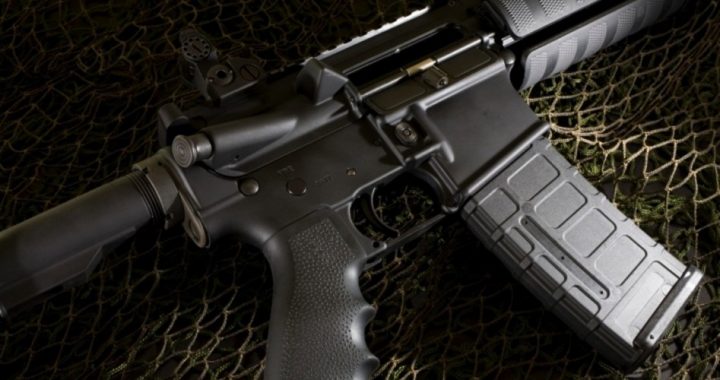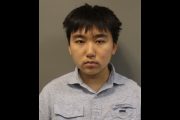
Calling for “radical changes” to prevent mass shootings, Iowa state Rep. Dan Muhlbauer said it’s time to “ban” semi-automatic weapons in the Hawkeye State and “to start taking them” from those who already own them.
“With all these shootings going on, we have to start making radical changes and radical choices from what we’ve done in the past,” Muhlbauer, a Democrat, told Douglas Burns of the Daily Times Herald of Carroll, Iowa, in an interview conducted just days after the tragic shooting at Sandy Hook Elementary School in Newtown, Connecticut. The newspaper published excerpts of the interview and posted the audio of the entire interview on its website.
Burns asked Muhlbauer what he thought could be done to prevent such tragedies. Muhlbauer’s very first recommendation: “Tightening up the guns laws. That’s one thing that has to be done.”
Burns later asked Muhlbauer to elaborate on that remark.
“We cannot have big guns out here … the semi-automatics and all of them,” Muhlbauer explained. “We can’t have those running around out here.”
“So we should ban those in Iowa?” Burns inquired.
“We should ban those in Iowa,” Muhlbauer replied.
Burns asked whether the ban should be simply on purchases in the future or whether there should “be some method to confiscate them from people who already purchased them legally.”
“Even if you have them I think we need to start taking them,” Muhlbauer said. He suggested first trying a voluntary buy-back program. But for those who, in the infamous words of President Barack Obama, “bitter[ly] cling to guns,” “there’s going to have to be some kind of penalty,” he averred.
One reason Muhlbauer — who, according to Burns, owns “a .410 shotgun, a .22 rifle and a .22 pistol” — believes semi-automatic weapons ought to be prohibited is that “if they’re out there they’re just going to get circulated around to the wrong people. Those guns should not be in the public’s hands.”
Of course, “the public” is precisely the right people to possess such weapons if, as the Founding Fathers understood it, a free populace is an armed populace, able to resist tyranny from their own government.
Furthermore, if Muhlbauer believes that restricting the ownership of guns to police and other government officials will keep them out of the hands of criminals, he is seriously mistaken. A Google search of “guns” plus “stolen from police” turns up about 81,500 results, including thefts of:
“Several guns” plus “protective gear” from the home of a Denver, Colorado, police officer;
Three guns from “high-security gun locking systems” in a series of law-enforcement vehicle break-ins in the Kansas City, Missouri, area;
100 guns from a Puerto Rican police armory by “assailants in uniform” who “beat and gagged one of the guards and tried to rape a policewoman who was at the site”; and
A Remington 12-gauge shotgun, a .40-caliber Glock, and a bulletproof vest from a parked patrol car in Cayce, South Carolina.
And these are just within the last week! Add to that the black market, and it is clear that banning civilian gun ownership would do nothing to prevent criminals from obtaining firearms.
Muhlbauer told Burns he wasn’t afraid of a political backlash because of his remarks. “We’re talking people’s lives,” he said. “You want to start losing children’s lives and adult lives over a gun issue because the NRA thinks we’re stepping on somebody’s toes?”
In fact, he even agreed with the National Rifle Association that posting armed guards in schools might not be a bad idea. He also suggested metal detectors and steel classroom doors, plus “careful screening of who enters schools, government buildings and other facilities,” Burns wrote.
In addition to guns, violent video games are also at the root of school shootings, Muhlbauer said, adding, “Maybe it’s time we start pulling them away.”
It would in some sense be less of a violation of liberty to ban violent video games than to ban guns; certainly video games have little value in protecting people’s lives, liberty, and property. Yet Muhlbauer, the gung-ho gun-grabber, threw up his hands when it came to finding legislative means to keep violent video games away from children, saying simply that parents are “going to have to start watching what their kids are doing more closely.”
But if parents, not the state, are the solution to the problem of violent video games, might they — along with other family members, churches, and community groups — also be the solution to the problem of keeping people from shooting up schools and theaters? Muhlbauer might want to consider that before embarking on an unconstitutional, unwise, and unpopular program of gun confiscation.



